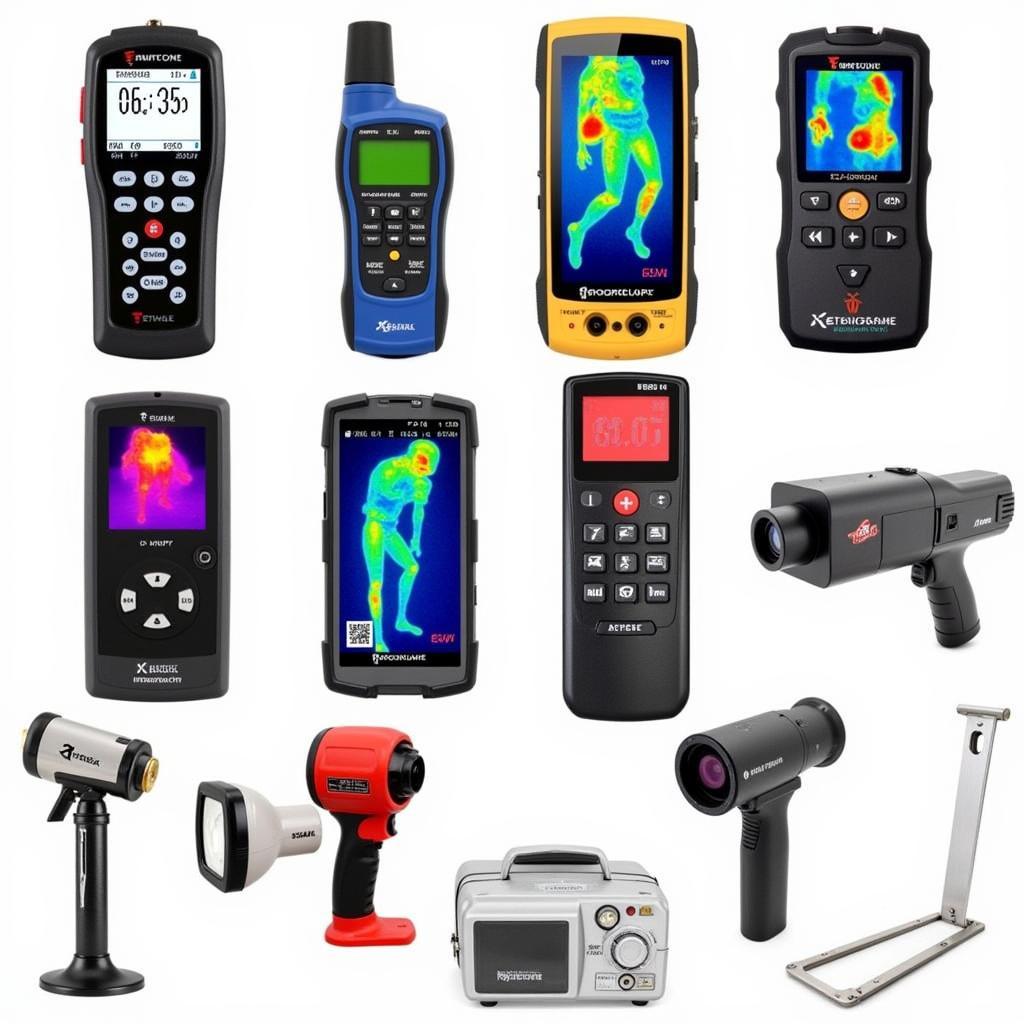Keystone Research Group has become a prominent name in the paranormal investigation field, sparking curiosity and skepticism alike. Are their findings credible or just elaborate hoaxes? This article delves into the legitimacy of Keystone Research Group, examining their methods, investigations, and the evidence they present to determine whether they offer genuine insights into the supernatural or are simply capitalizing on the public’s fascination with the unknown.
Investigating Keystone Research Group’s Claims
Keystone Research Group positions itself as a scientific organization dedicated to exploring paranormal phenomena. They claim to employ rigorous methodologies and state-of-the-art equipment to capture evidence of ghosts, UFOs, and other unexplained occurrences. However, the question remains: do their methods hold up to scrutiny? Many skeptics argue that their investigations lack scientific rigor and that their findings are often misinterpreted or exaggerated. To truly assess their legitimacy, we need to analyze their approach to paranormal investigation.
Analyzing Keystone’s Investigative Methods
Keystone Research Group utilizes a variety of tools and techniques in their investigations, including EVP recorders, EMF meters, thermal imaging cameras, and infrared cameras. While these tools can be helpful in documenting environmental changes, they are not inherently capable of proving the existence of paranormal activity. Changes in temperature or electromagnetic fields can be attributed to natural causes, and interpreting these fluctuations as evidence of the supernatural requires a significant leap of faith.
 Keystone Research Group's Paranormal Investigation Equipment
Keystone Research Group's Paranormal Investigation Equipment
One common criticism of Keystone Research Group is their reliance on anecdotal evidence. Eyewitness accounts, while compelling, are subjective and can be influenced by a variety of factors, including fear, suggestion, and pre-existing beliefs. While personal experiences can be valuable starting points for investigations, they should not be considered conclusive evidence.
Examining Keystone’s Most Notable Investigations
Keystone Research Group has conducted numerous investigations, some of which have garnered significant attention. One example is their investigation of the allegedly haunted Blackwood Manor, where they claimed to have captured EVPs and witnessed unexplained phenomena. However, these claims have been challenged by skeptics who argue that the evidence presented is inconclusive and could be explained by natural phenomena. Another notable investigation took place at the abandoned Crestwood Asylum, where Keystone Research Group reported encountering shadow figures and unexplained noises. Again, the evidence presented has been met with skepticism.
Is Keystone Research Group Credible? Expert Opinions
To gain a more comprehensive understanding of Keystone Research Group’s credibility, it’s helpful to consider expert opinions. Dr. Amelia Hayes, a renowned physicist specializing in instrumentation, states, “While the equipment used by Keystone Research Group is legitimate scientific equipment, its application in paranormal investigations requires careful interpretation. The data collected can be easily misinterpreted without a thorough understanding of the underlying scientific principles.” Furthermore, Dr. Jonathan Miller, a psychologist specializing in cognitive biases, adds, “Eyewitness testimony in paranormal investigations is particularly susceptible to cognitive biases, such as confirmation bias and the availability heuristic. It’s crucial to approach such testimonies with a healthy dose of skepticism.”
Unpacking the Evidence: Fact or Fiction?
The evidence presented by Keystone Research Group often consists of blurry photographs, ambiguous audio recordings, and personal anecdotes. While these can be intriguing, they fall short of providing concrete proof of paranormal activity. Often, the “evidence” can be explained by more mundane phenomena, such as dust particles, light reflections, or environmental noises.
Conclusion: Is Keystone Research Group Legit?
While Keystone Research Group’s investigations may be entertaining and fuel the public’s fascination with the paranormal, the evidence presented does not conclusively prove the existence of supernatural phenomena. Ultimately, the question of whether Keystone Research Group is legit remains open to interpretation. However, a healthy dose of skepticism and critical thinking is essential when evaluating their claims.
FAQ
- What is Keystone Research Group? Keystone Research Group is an organization that investigates paranormal phenomena.
- What methods do they use? They use tools like EVP recorders, EMF meters, and thermal cameras.
- Are their findings credible? The credibility of their findings is debated.
- What kind of evidence do they present? They typically present photos, audio recordings, and eyewitness accounts.
- Where can I find more information? You can find more information on their website and various online forums.
- Are there other similar organizations? Yes, numerous other groups conduct paranormal investigations.
- How can I contact Keystone Research Group? You can contact us at Phone Number: 0904826292, Email: research@gmail.com Or visit our address: No. 31, Alley 142/7, P. Phú Viên, Bồ Đề, Long Biên, Hà Nội, Việt Nam. We have a 24/7 customer support team.
For further assistance or to explore other intriguing paranormal investigations, feel free to contact us.